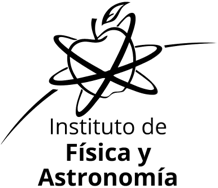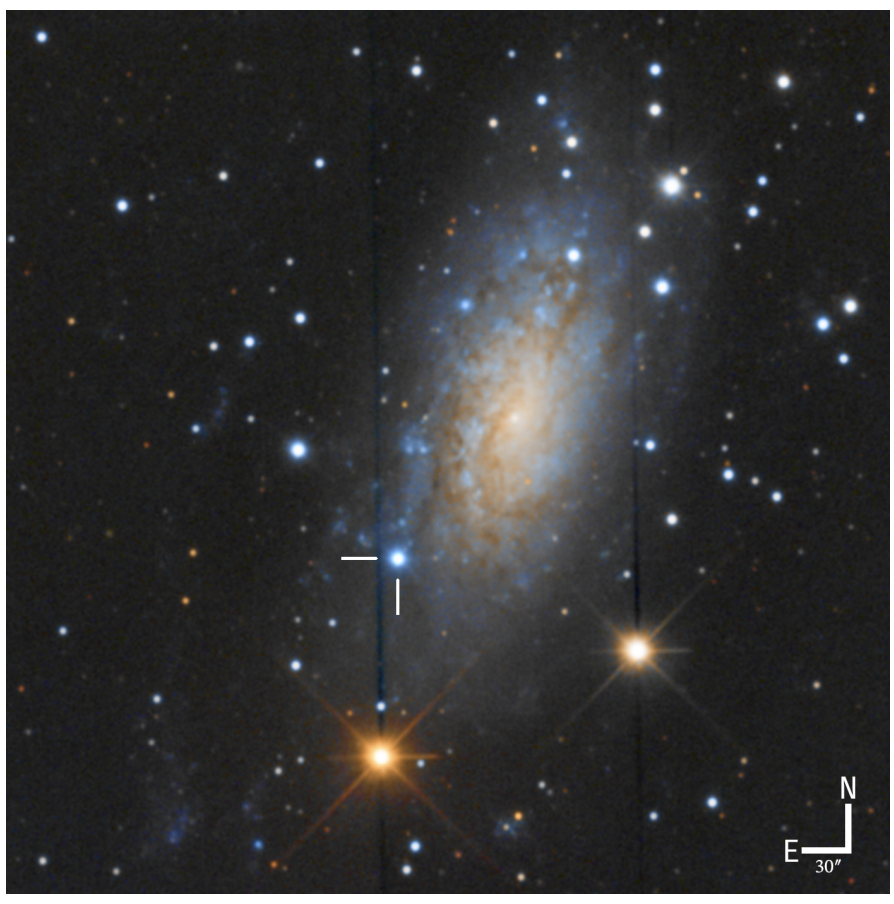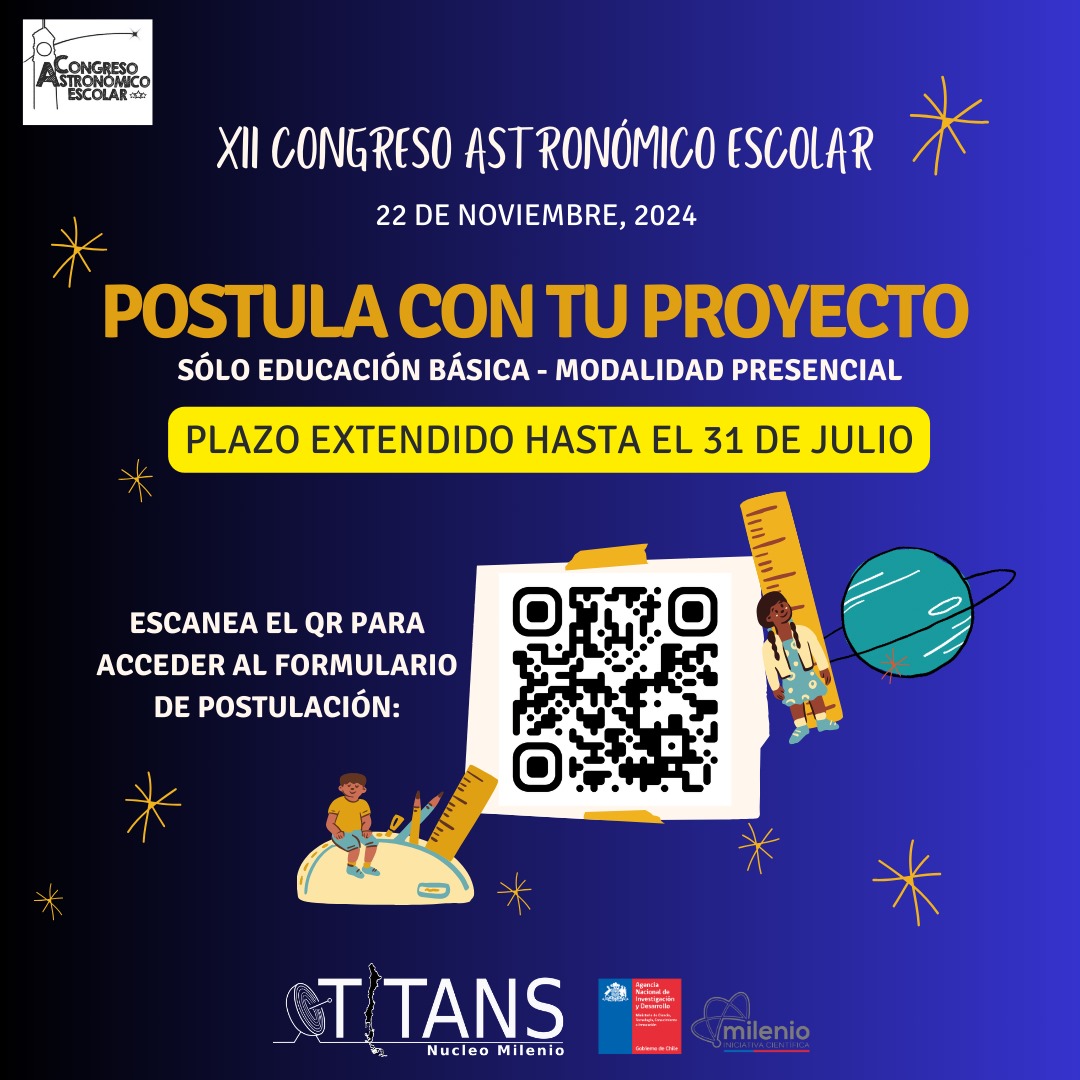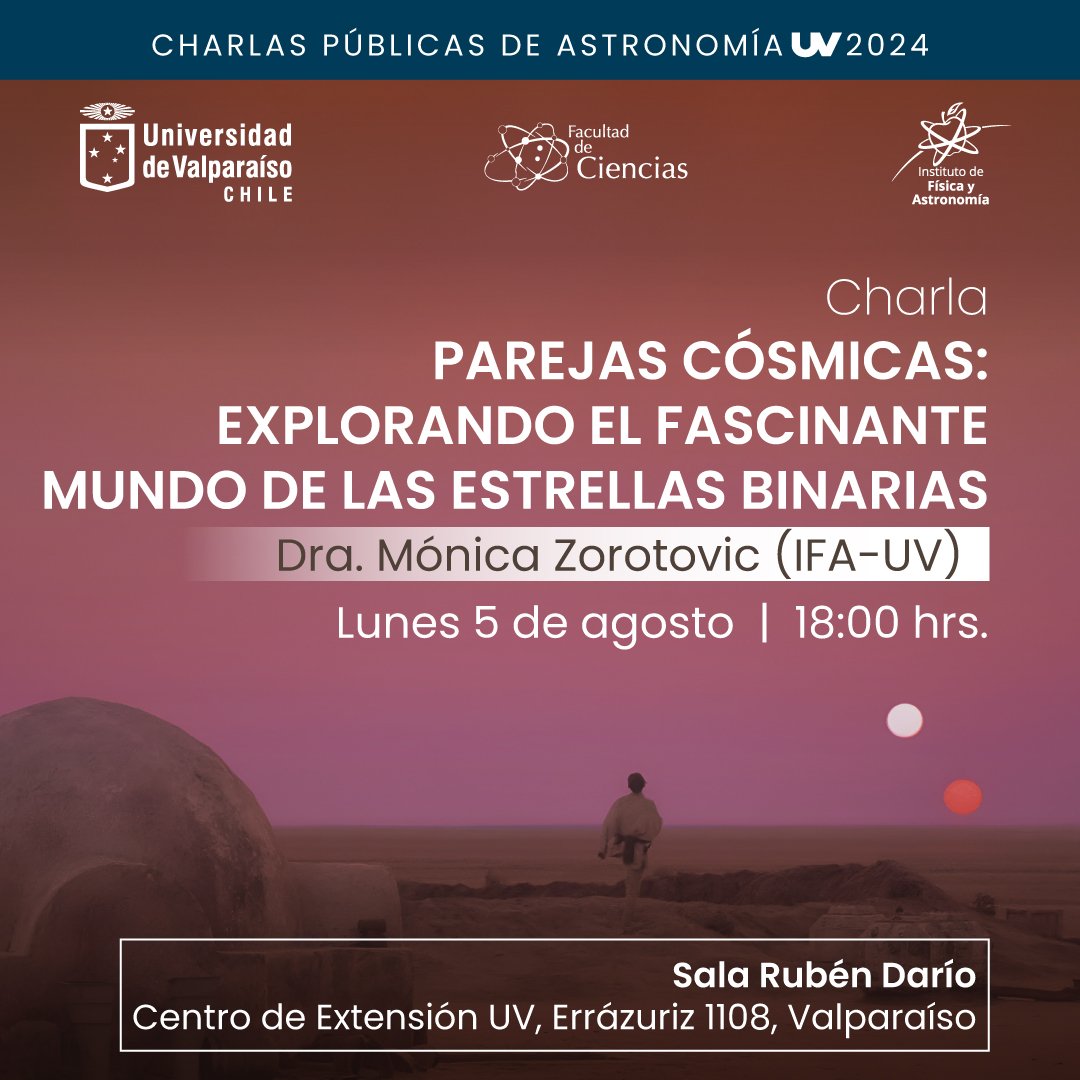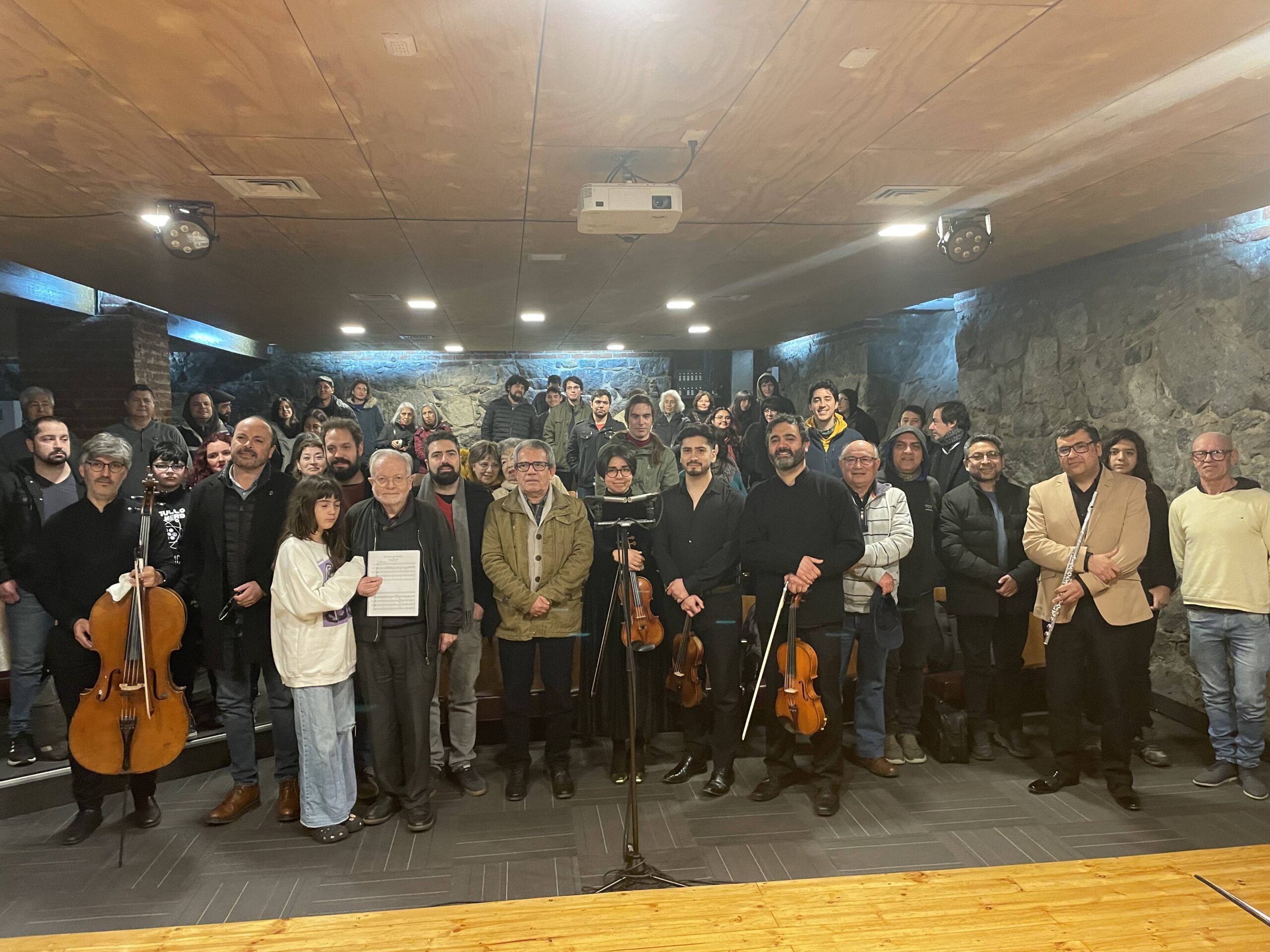PhD in Science mention in Physics
∗ Click here to find out how to apply to the program
The PhD in Sciences with mention in Physics is consortium of three universities: University of Tarapacá, University of La Serena and University of Valparaíso.
- Schedule: Full-time.
- Duration: 8 semesters/240 credits SCT.
- Places: min 6, max 8
Highlights of the program:
We highlight from the PhD in Science mention in Physics program, the following points:
- The consortium program between three regional state universities entails scientific diversity in the discipline and cultural plurality.
- This program is essentially theoretical and tends to contribute to frontier knowledge in the discipline from the declared lines of research. In the future, it is expected to develop applied and experimental physics. However, currently, Experimental Particle Physics is included.
- The doctoral program, with its students, is a pillar for implementing the subatomic physics laboratory that is expected to be developed at ULS and for developing the group of Experimental and Theoretical Physics of High Energy Particles at UTA. Collaboration agreements exist between these Universities with the ATLAS (CERN), BESIII, STAR (BNL), LAGO experiments, the future ANDES underground laboratory in the Coquimbo region, and others. Students in the doctoral program can participate in one or more of these experiments. This will allow preferential access for students and academics to establish collaborations with these groups.
- It is a national and international offer to which foreign students may apply, particularly from neighboring countries: Peru, Bolivia, and northern Argentina. Also, from the San Juan region of Argentina, due to its proximity and government agreements with the Coquimbo region.
- This program considers four lines of research: (a) Complex Systems, (b) Condensed Matter, (c) Particle Physics, and (d) Cosmology and Gravitation. These lines, in addition to being a significant number of research topics, develop different topics compared to the doctoral programs in physics in the northern and central macrozone.
- The program contributes to decentralizing the offer of doctoral programs in physics.
- The program offers training and interaction for students of different cultural origins.
- The program has a faculty with many academics who contribute to each research line. This ensures a greater diversity of collegiate training courses, research topics, and thesis directions.
- National and international collaboration networks related to the work links of the members of the Senate.
- The geographical breadth addressed by the current Consortium will increase the range of influence and broaden the perspectives with which our students will address their challenges of scientific insertion in society. All this considering the territorial diversity in which this program is developed.
Academic team
The academic team comprises professors from the three universities with different lines of research.
Objectives of the program
General objective:
Train high-level scientists in the field of Physics capable of independently developing research that generates new knowledge contributes to the development of disciplinary science, and participates in or leads national or international research groups.
Specific objectives:
Develop in the students of the Program capacities for:
Carry out autonomous and group research in at least one of the lines of the program: Particle Physics, Cosmology and Gravitation, Condensed Matter, and Complex Systems.
Prepare and publish scientific articles in mainstream journals (WoS) in your line of research.
Lead and present competitive scientific proposals (research internships, event participation, scholarships, projects, and others).
Carry out the dissemination of research results in academic environments and participate in scientific dissemination activities.
Promote collaborative work aimed at achieving common objectives in research teams.
Professional profile
Graduates from the Doctorate in Science Mention in Physics will be able to carry out high-level original research and generate advanced, theoretical and/or applied knowledge, independently or in work teams, in their line of research; the one that will be able to communicate through scientific publications and in extension activities, in its performance in research centers or universities.
Research areas
The lines of research cover:
- Complex systems
- Cosmology and gravitation
- Particle Physics
- Condensed matter
More information:
Click here for information on application requirements, curriculum, fees, etc.
